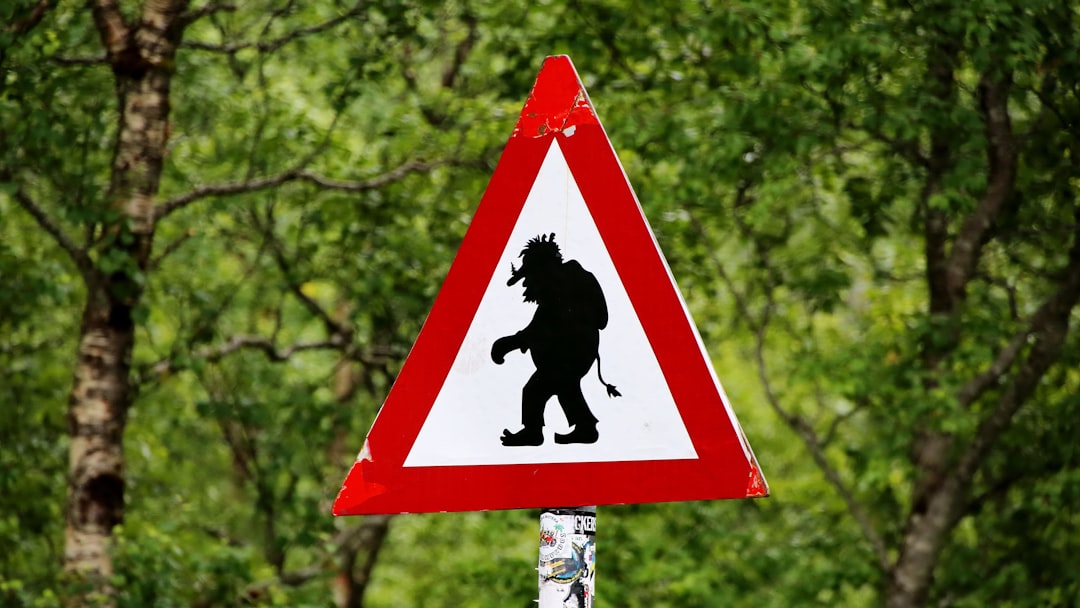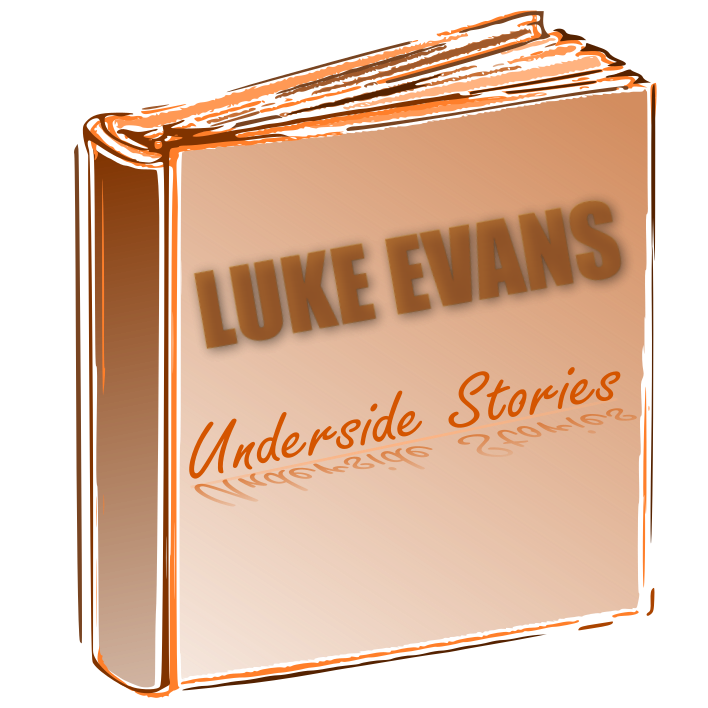In which we go back to the poetry well for another week with two offerings that should make you stop and think. Poetry, perhaps even more so than fiction, dives deep into the underside with a scalpel.

Short Talk With a Troll by Frederick Pollack The walls of the cave are painted, inscrutably, with moralistic bromides; you mean to ask about them if you can. The reflection of a candle, lit only for you to see him better and fear him more, recedes in his eyes; the dark expands behind him into the mountain. He reads again and snuffles over your letter of safe passage from the Boyg. The fangs and unretracted claws express dissatisfaction; the smell, which resembles that of a neo-Nazi biker, worsens. But he folds the letter, hands it back, and says, “You know, we resent our name being used for men who call or email girls and liberals to harass them.” “Their cowardice?” you ask. He belches, growls: “They are as subject to psychology as their foes, all putrid humans like yourself. The mind doesn’t matter, emotions are merely bubbles on an oily stream; to weaponize is not to dignify. What counts” – with an oddly graceful gesture he taps a tooth with a claw – “are these.” You reflect, make a note. “I notice you speak very well.” “I do so only to demonstrate the irrelevance of language. Words can be repeated, criticized, interpreted, – ” the matted bloodstained pelt appears to writhe – “doubted.” You ask about his plans. He says that they depend on you, and sighs, “as always,” and specifies the plural sense. You think it best to leave at this point. Rising, you note another wall-inscription: Hard are the steps that lead from here to light.

Neutron Star
by Frederick Pollack
We raise sophisticated shields,
and stop a considerable distance from
its gamma bursts, x-rays, manic
magnetism, heat, and hysterical gravity
two hundred billion times that of Earth.
Then psychological disturbances
erupt among the crew – disputes,
withdrawal, homesickness
for no particular planet,
doubts beyond the orbit
of mission, vocation, and pay. So we call
the Poet to the bridge. (Fleet thinking is
that culture, once it crosses a certain limit,
collapses into poetry.) “We’ve been talking,”
he announces. “It talks without nuance
and is terribly self-absorbed.
If its parent star had been just
a little bit larger
before going supernova, it could have been
a black hole! As it is, it’s not even
a pulsar. It would love to send that beam through
the cosmos, if only to complain.
Rather loathes itself, though it’s pleased when things
fall in, get spaghettified, their
electrons and protons merge and they become
part of the soup. I told it
(whatever good that did) that I can sympathize –
one always wants to be a world-altering
genius, but is just too small.”Meet the author:
Frederick Pollack is the author of two book-length narrative poems, THE ADVENTURE and HAPPINESS (Story Line Press; the former reissued 2022 by Red Hen Press), and two collections, A POVERTY OF WORDS (Prolific Press, 2015) and LANDSCAPE WITH MUTANT (Smokestack Books, UK, 2018). Many other poems in print and online journals. (Underside Stories Spring 2022.) Encounters with dark side: being old, Jewish, and a progressive in this era. Other problems, but social context overrides.
If you liked this, why not try:



